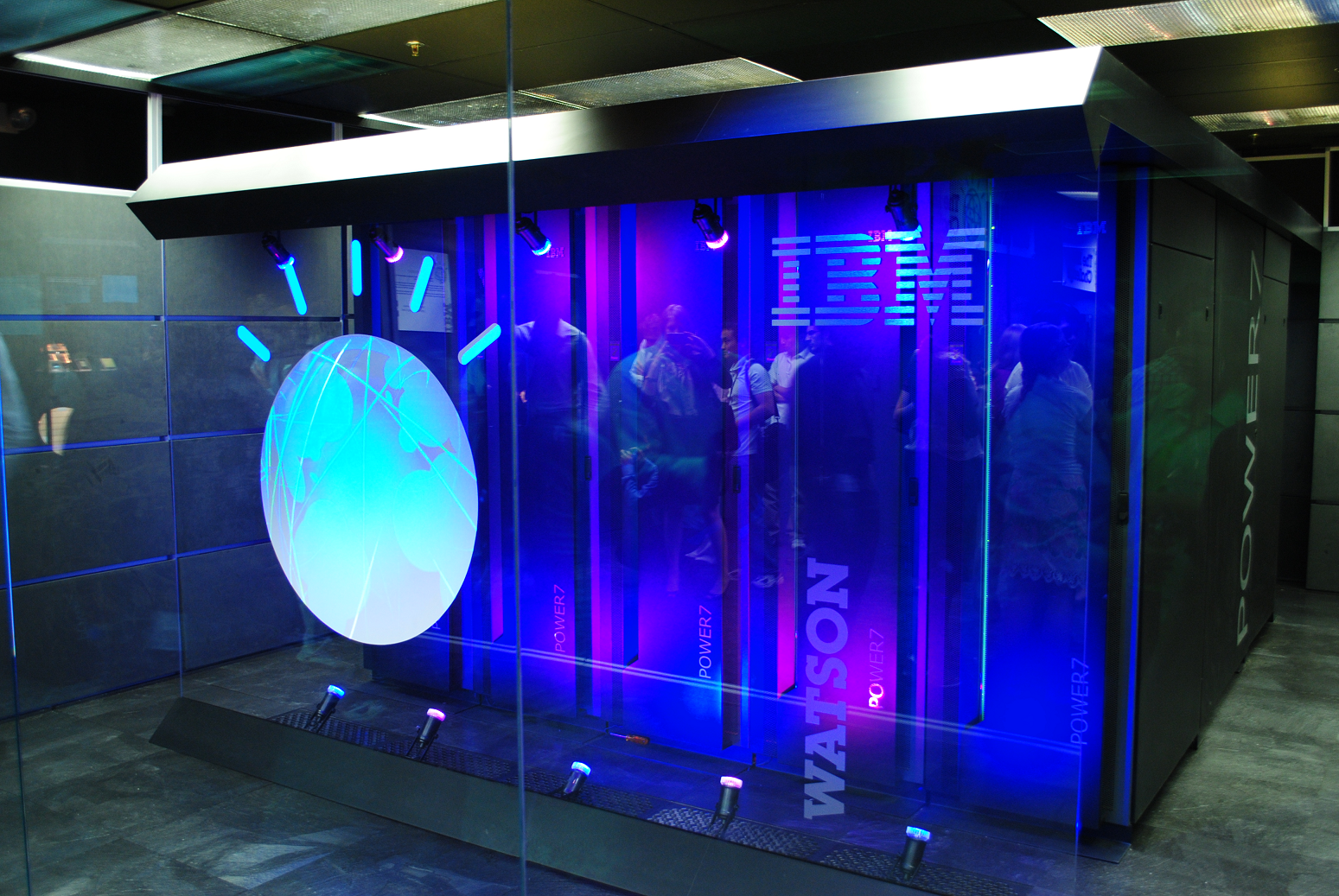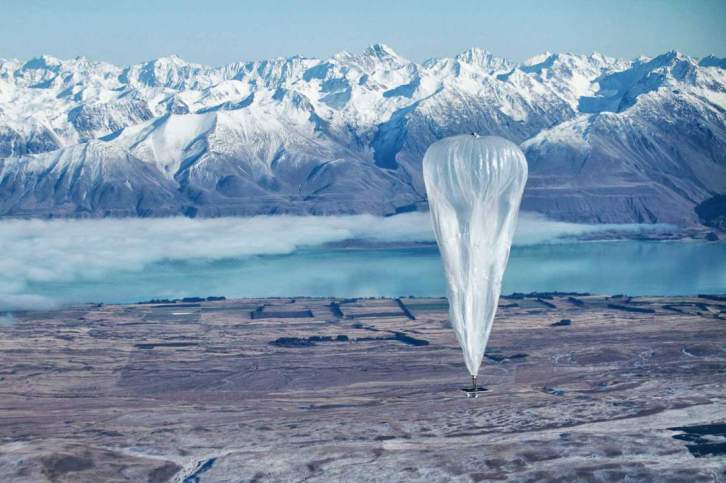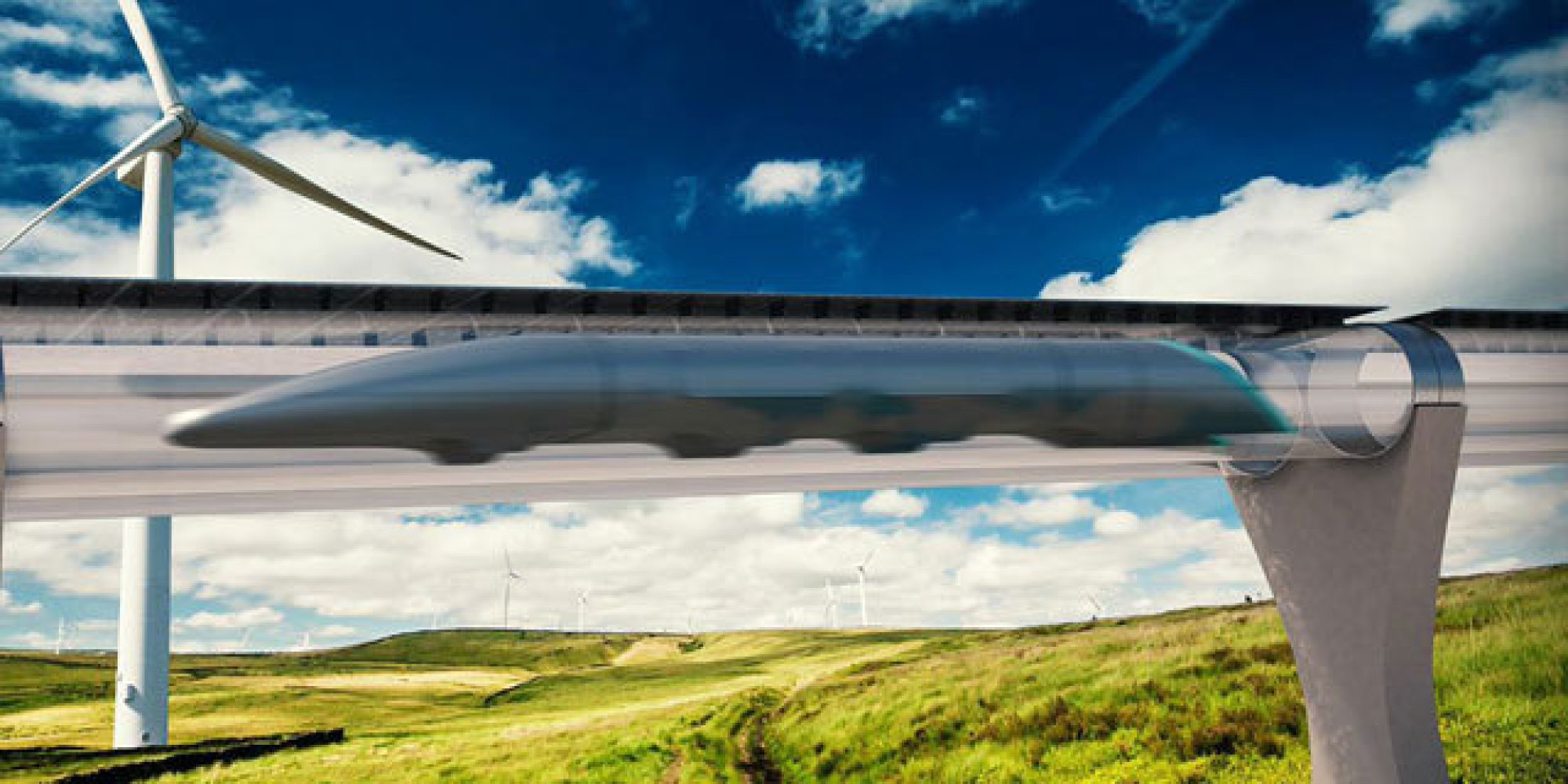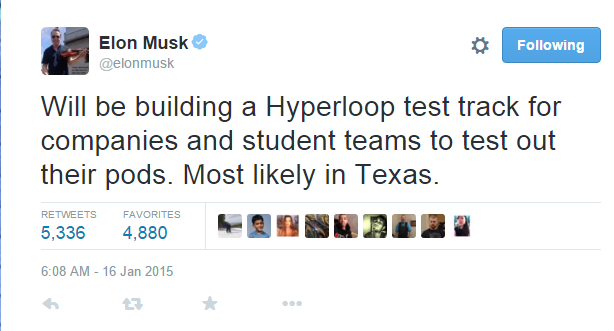5 Revolutionary Tech Projects Making The World A Better Place
In a world where we are constantly blinded and driven by the fear and devastation inflicted upon us by mainstream media, its easy to forget how incredibly far our species has evolved in the past century. I’m not talking about physical evolution, I’m talking about social and intellectual evolution.
Peter Diamandis, engineer, physicist, entrepreneur, author and all-round pioneer for technology and innovation, refers to the societal shift we are experiencing right now in his book Bold as “a colossal impact in history, a radical transformation, and a spectacular rebirth” particularly in the business sector. He refers to this historical shift as a point in history that will be as integral to human evolution as was the extinction of dinosaurs; “Right now, there is another asteroid striking our world, already extinguishing the large and lumbering, already clearly a giant path for the quick and nimble. Our name for this asteroid is exponential technology, and even if this name is unfamiliar, its impact is not.”
There are incredible, mind-blowing and truly revolutionary technologies being discovered around the world right now, and this is my top 5.
1. Project Lucy
IBM’s super computer Watson has been using artificial intelligence to help doctors make better and faster decision for a while now.
Project Lucy is one of the latest applications of Watson as a tool for social good.
It is a $100 million, 10 year project powered by IBM Research.
Scientists and researchers in Africa aim to use Watson’s cognitive technology to gain insights from big data and develop solutions to some of the biggest problems in Africa.
These include water and sanitation, healthcare, education, human mobility and agriculture.
IBM is predicting that with Watson’s ability to learn, take emerging patterns and discover new correlations, Africa could achieve in 2 decades what developed markets have achieved in 2 centuries!
It’s hoped that the commercially viable solutions will create new employment in Africa, and demand for more entrepreneurs and startups which will keep the culture of innovation flourishing.
2. Impossible Foods
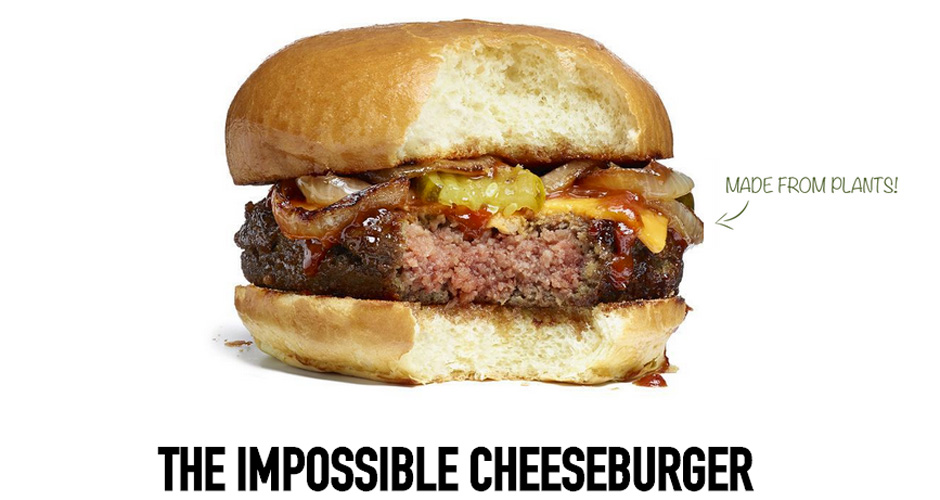
Full disclosure: I’m vegan. The animal agricultural industry is ruining the earth. Feel free to argue with me, but I urge you to do your research before you engage in any kind of debate with me.
Yeah, I know, meat tastes good, but what if you could eat something that tasted exactly like meat but was made entirely from plants and didn’t destroy the earth and harm millions of animals?
California-based startup Impossible Foods believes they have cracked the code on fake meat.
They have invented a burger made entirely from plants, but resembles meat so closely that it even bleeds (check out the video below if you don’t believe me).
The secret is in the molecule heme, found in the blood of 99% of animals. This is the secret ingredient to what makes meat taste like meat.
Impossible Foods can draw this ‘blood’ from the roots of any legume or other nitrogen-fixed plant.
The potential for this meat replacement is enormous – the environmental impact of animal agriculture and consumption is mind boggling and scary.
‘Animal industries are one of the most significant contributors to the most serious environmental problems, at every scale from local to global’ – UN report, Livestock’s Long Shadow
Impossible Foods hopes to upend the animal farming industry and refine their processes so that their plant-based meat can eventually be made and sold on a large scale, much cheaper than real meat.
Google recently tried to buy them for $300 million and were turned down…So you know they’ve got big dreams for this company!
3. Project Loon
Project Loon aims to provide free, high-speed internet access to developing countries and remote areas that currently have limited or no access to internet connectivity.
It doesn’t require these areas to have traditional telecommunications infrastructure like cell towers or underground cables, but operates on BALLOONS.
Massive balloons, 49 feet wide and 39 feet tall, roam the stratosphere about 20 km above the Earth’s surface.
Each balloon uses LTE bands and antennas to create an LTE network that provides internet connection across up to 38 km.
The Loon Balloons were piloted in New Zealand in 2013 and now Sri Lanka is the first country to receive full launch privileges.
As well as being less resource intensive than building cell towers and other expensive infrastructure, Loon balloons aren’t affected by natural disasters as they hover in the stratosphere away from the reach of floods, tsunamis or typhoons.
These disasters wouldn’t effect network connection either.
4. Hyperloop
In 2013, Elon Musk proposed his idea for a long system of reduced-pressure tubes that would allow for super-high-speed travel between San Francisco and Los Angeles.
It was met with a tsunami (bigger than a wave) of buzz and support, and a handful of private companies are on board to build a functional prototype.
Cars would basically be propelled in these tubes at 720 miles/hr, and it would be a better and faster alternative to flying or traditional driving.
Of course, it wouldn’t be a Musk invention without it being incredibly sustainable and environmentally friendly.
Musk has proposed that the hyperloop could be powered entirely by solar panels on the top of the tube, which would harness enough energy to keep the vehicles moving.
It has just been given the go ahead for construction by Hyperloop Transportation Technologies, a company independent to Musk and Tesla. They’ll build a five-mile test track in California.
But…In January Musk revealed he is also planning to build his own test track to host competitions for the best Hyperloop pod design!
The estimated total cost of building the entire 400 mile track is $8 billion, which is still cheaper than the proposed high-speed California railway that prompted Musk to write the report!
5. Self Driving Cars
Self-driving cars are no longer a futuristic dream. They’re actually really close to becoming available to the general public!
All the major car manufacturers like Tesla, Mercedes and BMW have already integrated, or are working to integrate, self-driving features into their own cars.
Meanwhile, Google is leading the way on fully autonomous cars.
They’re testing prototypes on California roads right now, but with safety drivers aboard all vehicles just in case!
It’s estimated that a self-driving vehicle that can drive from point A to point B and encounter the entire range of on-road scenarios without needing any interaction from the driver, will debut in 2019.
The biggest societal benefit from self-driving cars is they will make the roads safer, as well as allow people with disabilities and visual impairments to drive.
A UK study by KPMG estimates that self-driving cars will lead to 2,500 fewer deaths between 2014 and 2030.
Are there any other revolutionary tech projects you think should be included in this list?
Let me know in the comments!
Where to go next
5 Exciting Predictions For The Future Of Collaborative Consumption
5 Startup Business Models That Are Disrupting Global Markets
Hyperconnectivity: The Future Is Now
Why Mobile Health Tech Is So Much More Than A Fitness App
Latest posts by Logan Merrick (see all)
- Ep 18: Collective Campus’ CEO on Intrapreneurship and Corporate Innovation - December 20, 2016
- 50 User Engagement Strategies For Planning Memorable Mobile Experiences - December 19, 2016
- Latest Data: App Monetisation Trends And Drivers 2015-2020 - November 25, 2016


